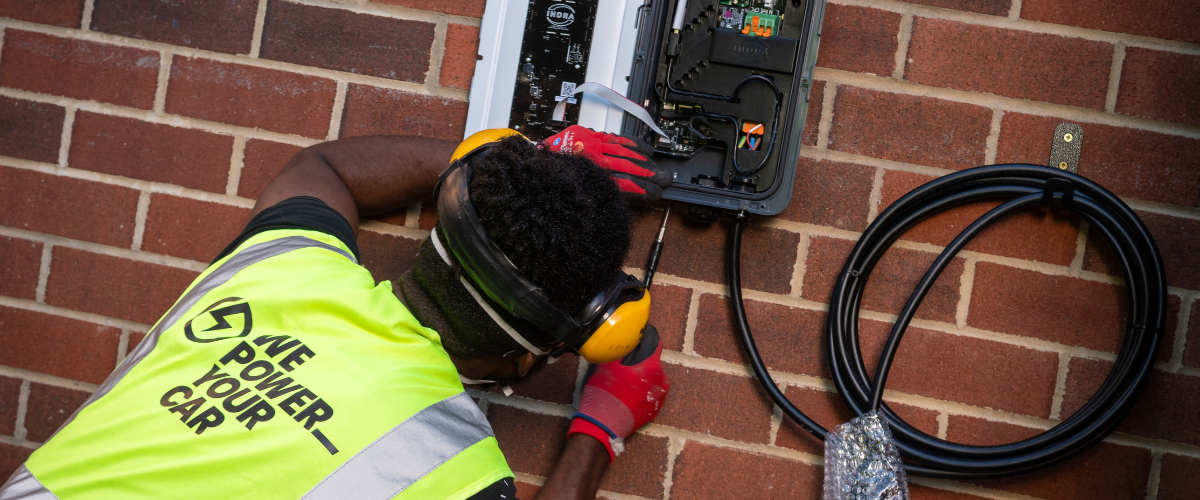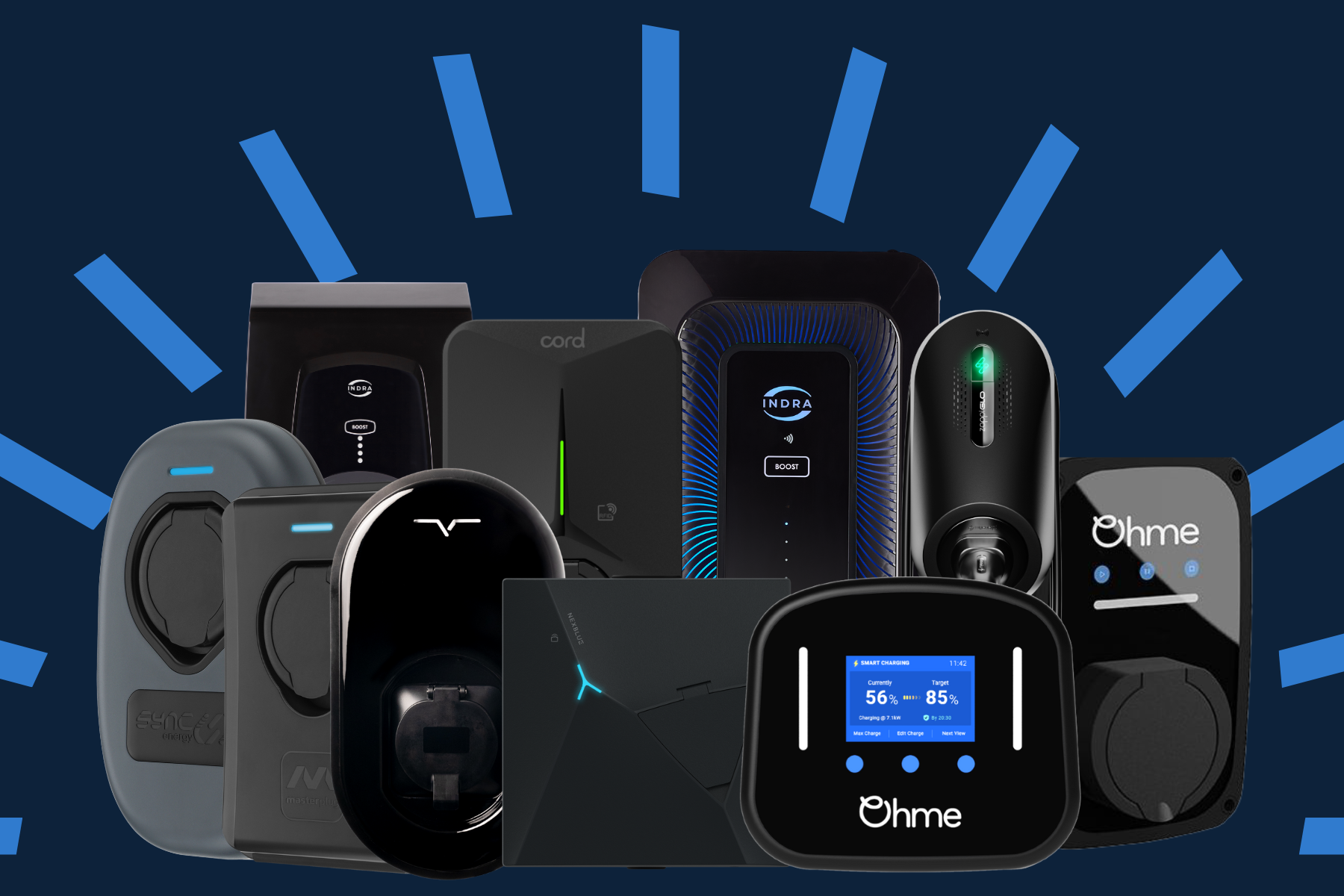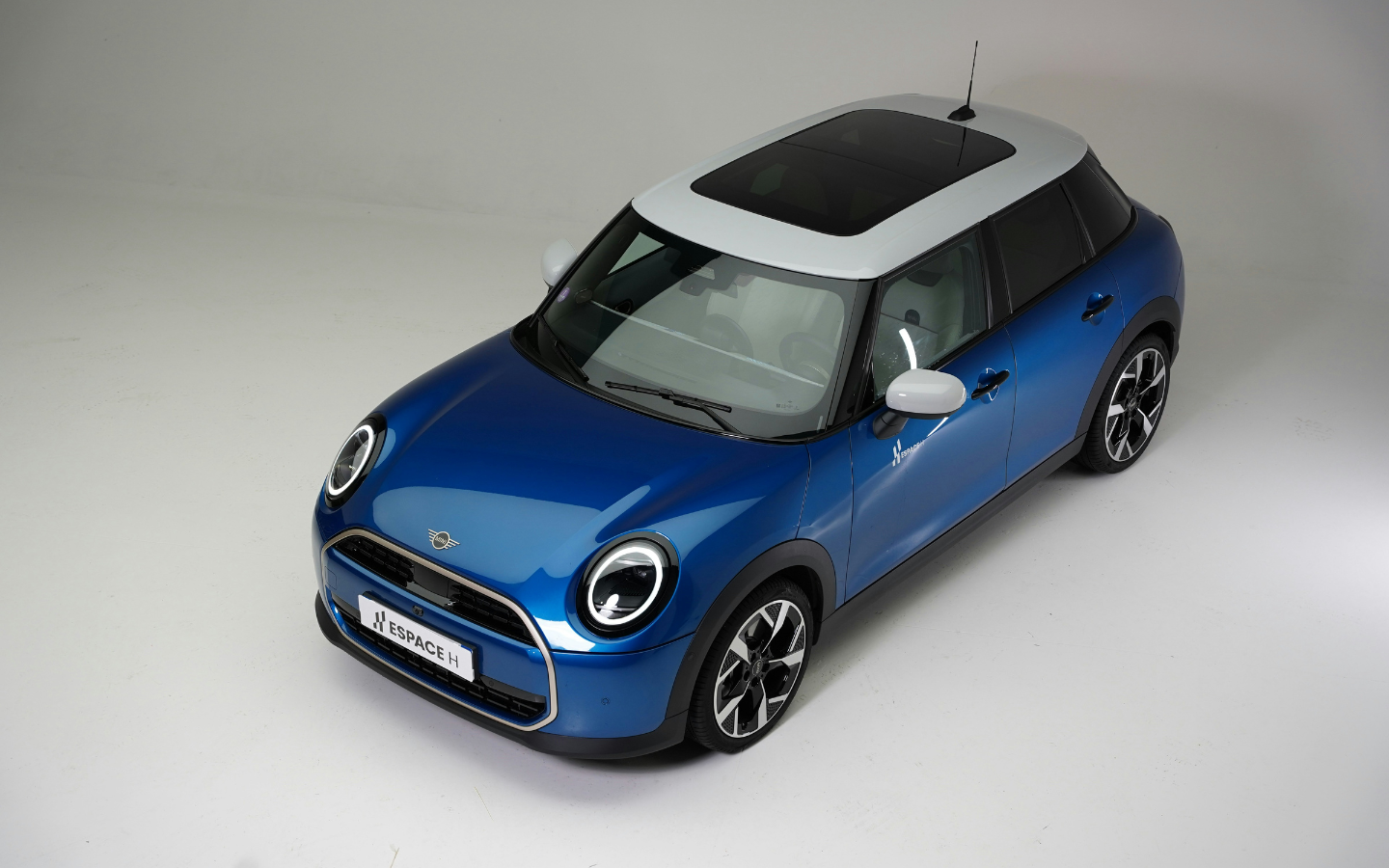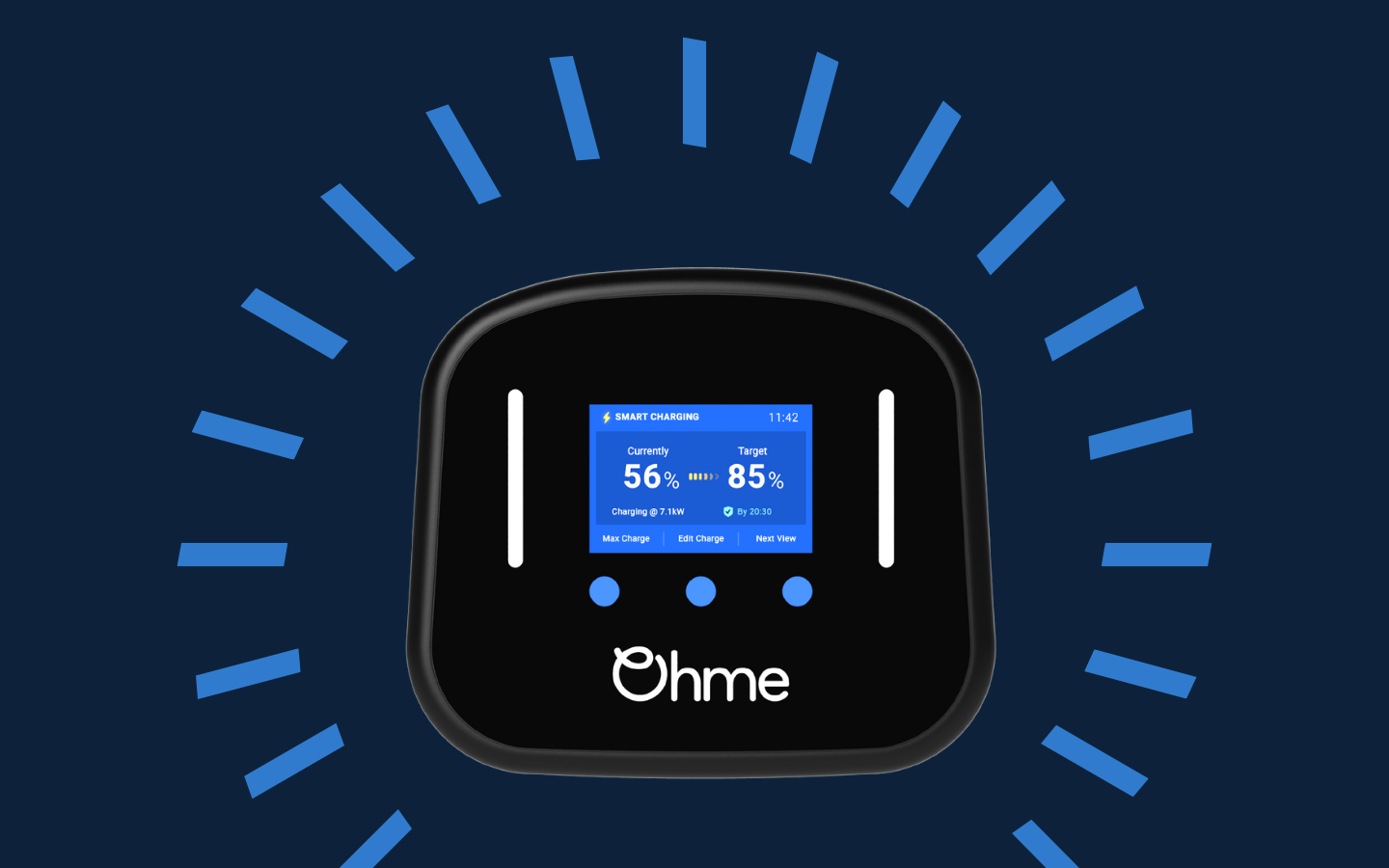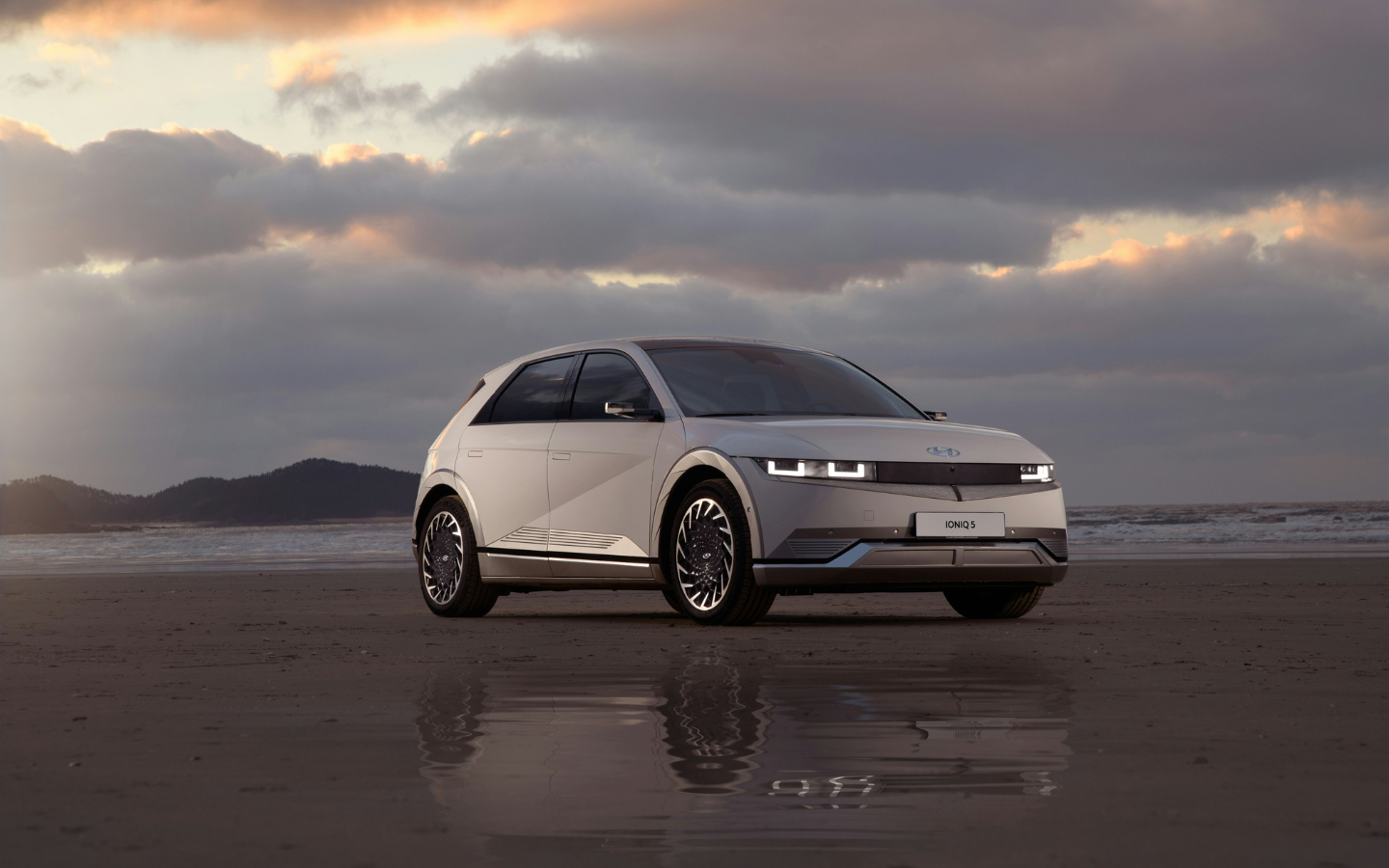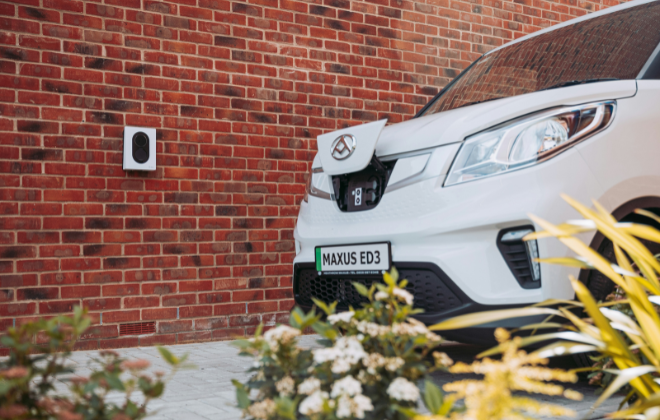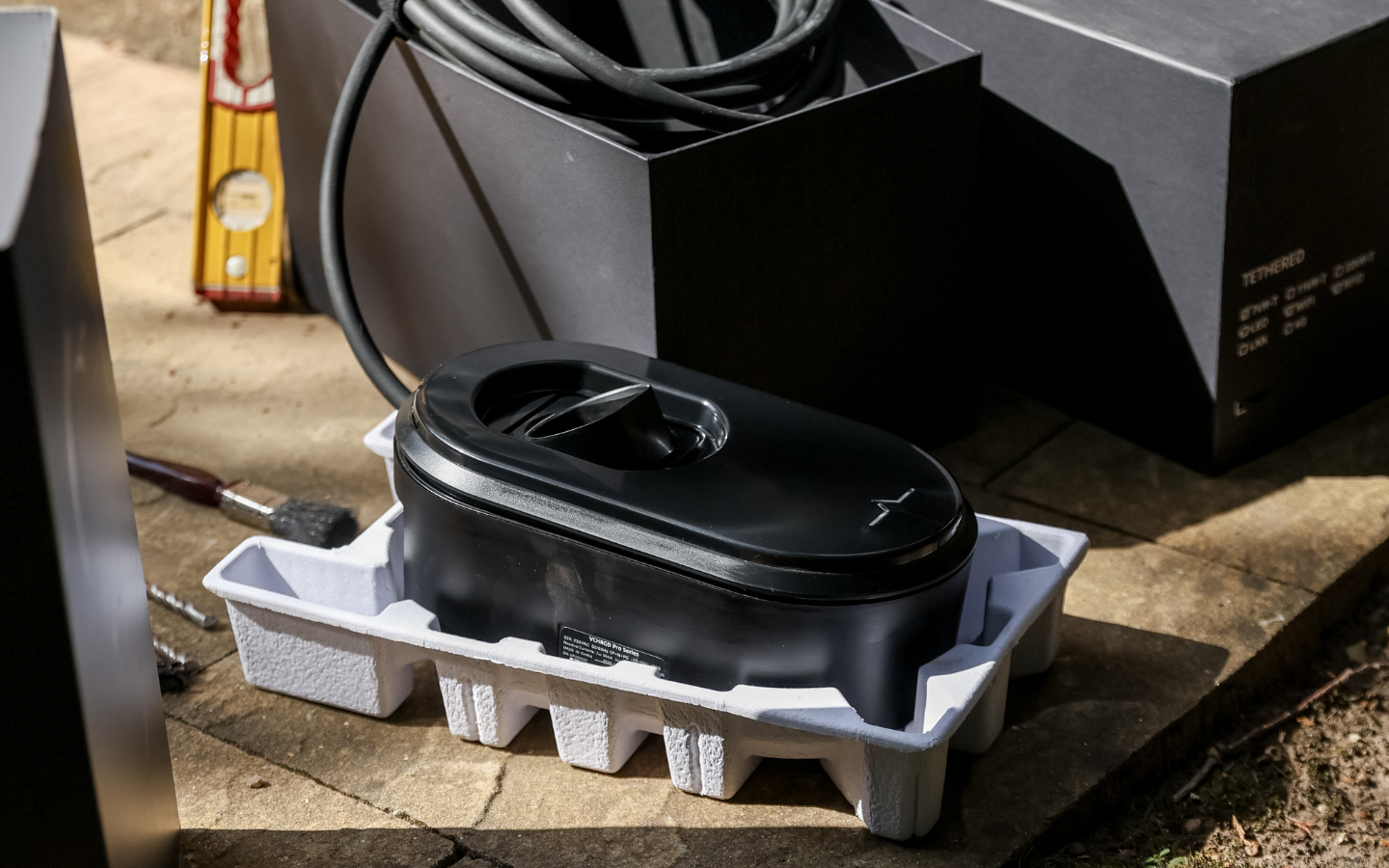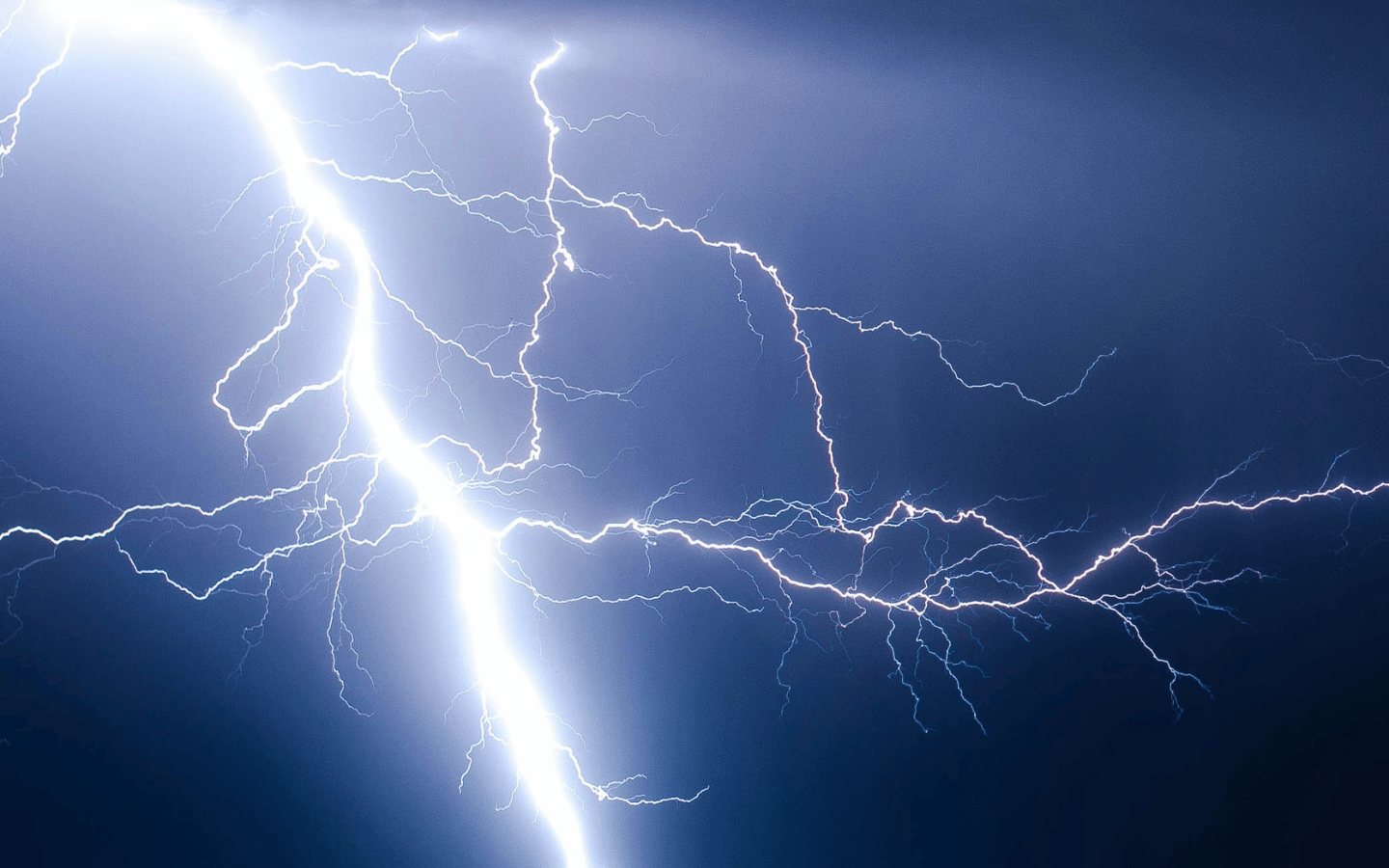

Do EV Chargers Need Surge Protection?
In previous years, surge protection devices have been entirely optional when it comes to electric vehicle charger installations and their requirements. But, due to wiring regulations (18th Edition Amendment 2) that came into force in September 2022, the question: Do EV chargers need Surge Protection? is unfortunately no longer a straightforward answer.
In fact, it’s up to you as to whether you want a surge protection device to protect your EV charger from power surges.
But don’t worry, as nationwide experts in EV charging, with over 25,000 EV charger installations under our belt, we’re here explain everything you need to know about EV chargers and surge protection devices, including:
- What a surge protection device is
- Who can install EV charger surge protection devices
- Give you an honest, unbiased answer about whether you should invest in a surge protection device or not.
What is a surge protection device for EV chargers?
In short, surge protection devices (SPD) are installed to protect electrical devices and appliances – including EV chargers – from power surges (sometimes referred to as transient overvoltages, if you want to get technical).
An electrical power surge, in simple terms, is when there is a significant increase in voltage that exceeds the standard 230-volt flow. The duration is only a few seconds, but as a result, electrical equipment can be damaged or, in rare cases, destroyed if an SPD is not fitted. Lightning strikes, faulty wiring and an electrical overload are a few examples of what can trigger electrical power surges.
Luckily, surge protection devices divert the excess power from a power surge into the earth instead of it reaching your electrical appliances, offering an additional layer of protection and safety.
Specifically for EV chargers, a surge protection device (SPD) is fitted in your home’s fuse box/consumer unit at the time of your EV charger installation, protecting your EV charger, your home and you from unforeseen power surges.
Do you need surge protection for your EV charger?
On 27th September 2022, the 18th Edition Amendment 2 of the Wiring Regulations came into effect. Within the 18th Edition Wiring Regulations, it’s stated that all new electrical circuits must have surge protection devices (SPDs) fitted. Since EV charger installations include installing a new circuit, you do need surge protection with your EV charger according to the new wiring regulations.
However, the new regulations also state that customers can opt out of having a surge protection device at the time of their EV charger installation if they wish to do so, meaning the overall decision of whether or not to have a surge protection device is down to you as the customer.
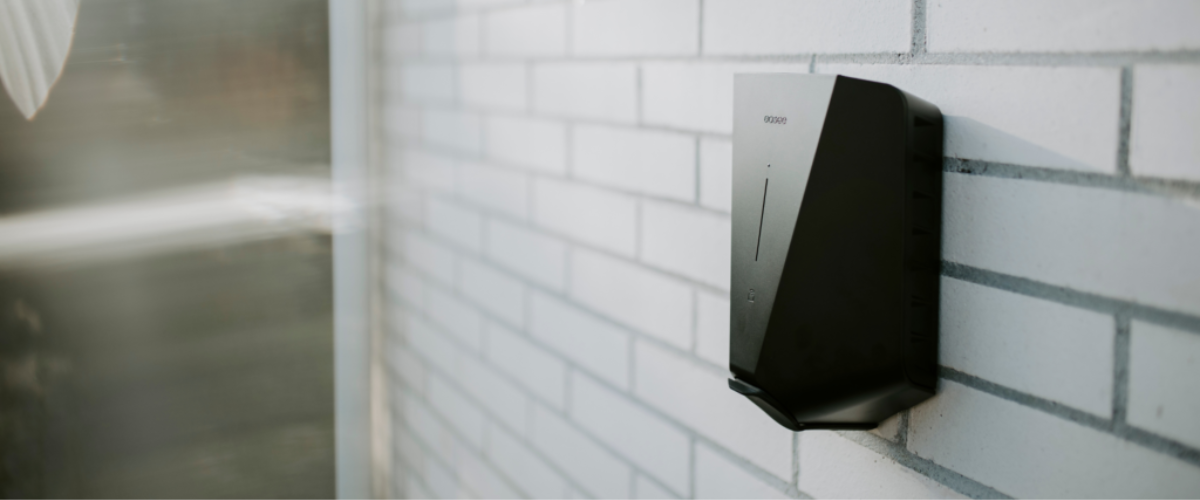
So, the bottom line – should you have a surge protection device installed for an EV charger?
At We Power Your Car, we recommend that a Surge Protection Device be installed at the time of your EV charger installation. As EV chargers are typically installed outside (although they can be installed inside – for example, in garages), they are more susceptible to lightning strikes. And unfortunately, with the ever-changing, unpredictable English weather, while there is no problem charging your EV in the rain, there is a risk that lightning could strike and cause a power surge.
If damage occurs from an electrical surge, the cost to replace or repair the damaged charging equipment is significantly higher than the small cost of an SPD. And when you compare it against the price of your home EV charger, it’s only a fraction of the price.
That being said, most electric vehicle chargers installed before the first of September 2021 haven’t had an SPD installed. Some might therefore argue that they are not essential when it comes to home EV chargers.
Overall, in our professional opinion, we would say it’s always better to be safe than sorry. By investing in a surge protection device (SPD), you know you will be protected from any unwanted electrical issues arising, getting complete peace of mind that you, your family, your home and car are safe.
Does opting out of a surge protection device affect my EV charger warranty?
The majority of electric vehicle charger manufacturers will honour the warranty, whether SPDs are fitted or not.
However, it’s important to note that EV charger manufacturers and installation companies (such as ourselves) cannot take responsibility for any damage or failure caused by power surges if you decide against a surge protection device.
Who can install surge protection devices?
Similarly to how only professionals should install electric vehicle charging points (note: do not try to undertake an EV charger installation yourself), surge protection devices should only be installed by qualified and experienced electrical professionals.
Why? Because handling electricity can be dangerous. Simple. What’s more, if the surge protection device is not installed correctly, it would leave your EV charger vulnerable to power surges, making the purchase redundant.
Always trust the experts.
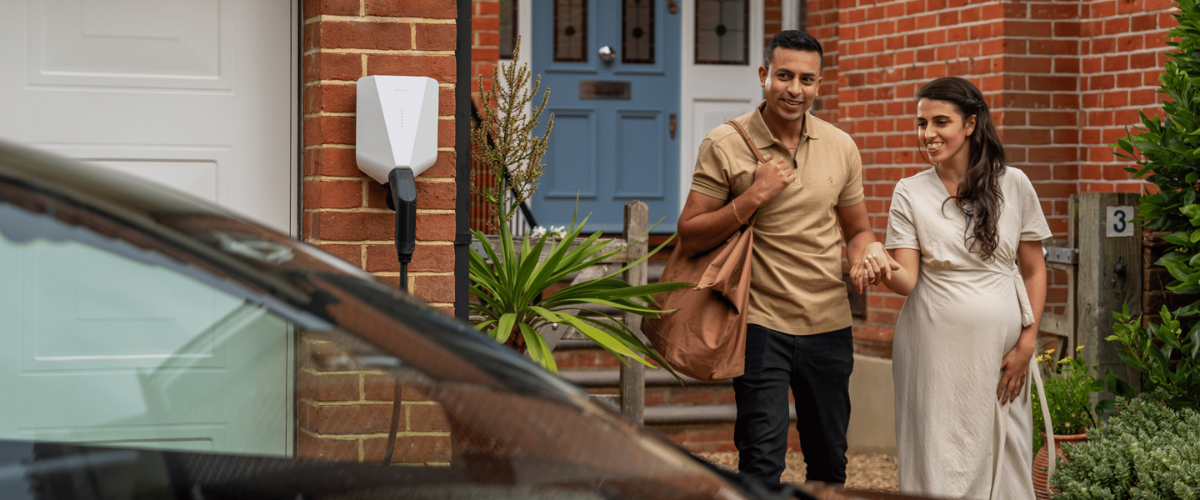
Summary:
- Surge Protection Devices (SPDs) are installed to safeguard electrical devices and appliances from power surges, including EV chargers.
- According to the new 18th Edition Amendment 2 of the Wiring Regulations, which came into effect on 27th September 27th 2022, surge protection devices (SPDs) are required for all new electrical circuits, including EV charger installations. This means that surge protection is needed for your EV charger to comply with the regulations in 2026.
- However, the wiring regulations also allow customers to choose to opt out of installing a surge protection device if they wish to do so. Ultimately, the decision to have surge protection for your EV charger is up to you as the customer, considering the requirements and recommendations outlined in the regulations.
- SPDs are fitted in the home’s fuse box/consumer unit during installation to protect charging stations from potential harm.
- Surge Protection Devices should only be handled and installed by qualified and experienced professionals.
Are you looking for a home EV charger and a surge protection device?
At We Power Your Car, we offer a wide range of the UK’s leading home EV chargers and offer surge protection devices for added safety.
With our DBS-checked, experienced and accredited engineers across the UK, we can install wherever you are, all with first-class customer service.
Don’t believe us? Browse our Trustpilot – we have over 2,000 reviews from happy customers and an ‘Excellent’ 4.9 rating. Or, browse our accreditations:
- Safe Isolation Provider
- TrustMark approved
- ISO accredited (ISO 9001, ISO 14001 and ISO 45001)
- OZEV-approved
- NIC EIC approved
- Safe Contractor Approved
- HERS accredited
Ready to move ahead? Browse our range of electric car chargers, click below to get your free EV charger and installation quote, or contact us for more information you may have at 03333 44 966 99. Our EV charging experts are ready and waiting to take your calls, offering unbiased advice.
For more information and our latest updates, follow us on Facebook, Instagram, Twitter, LinkedIn and YouTube.
Alternatively, explore our guide to the best home EV chargers in the UK.
